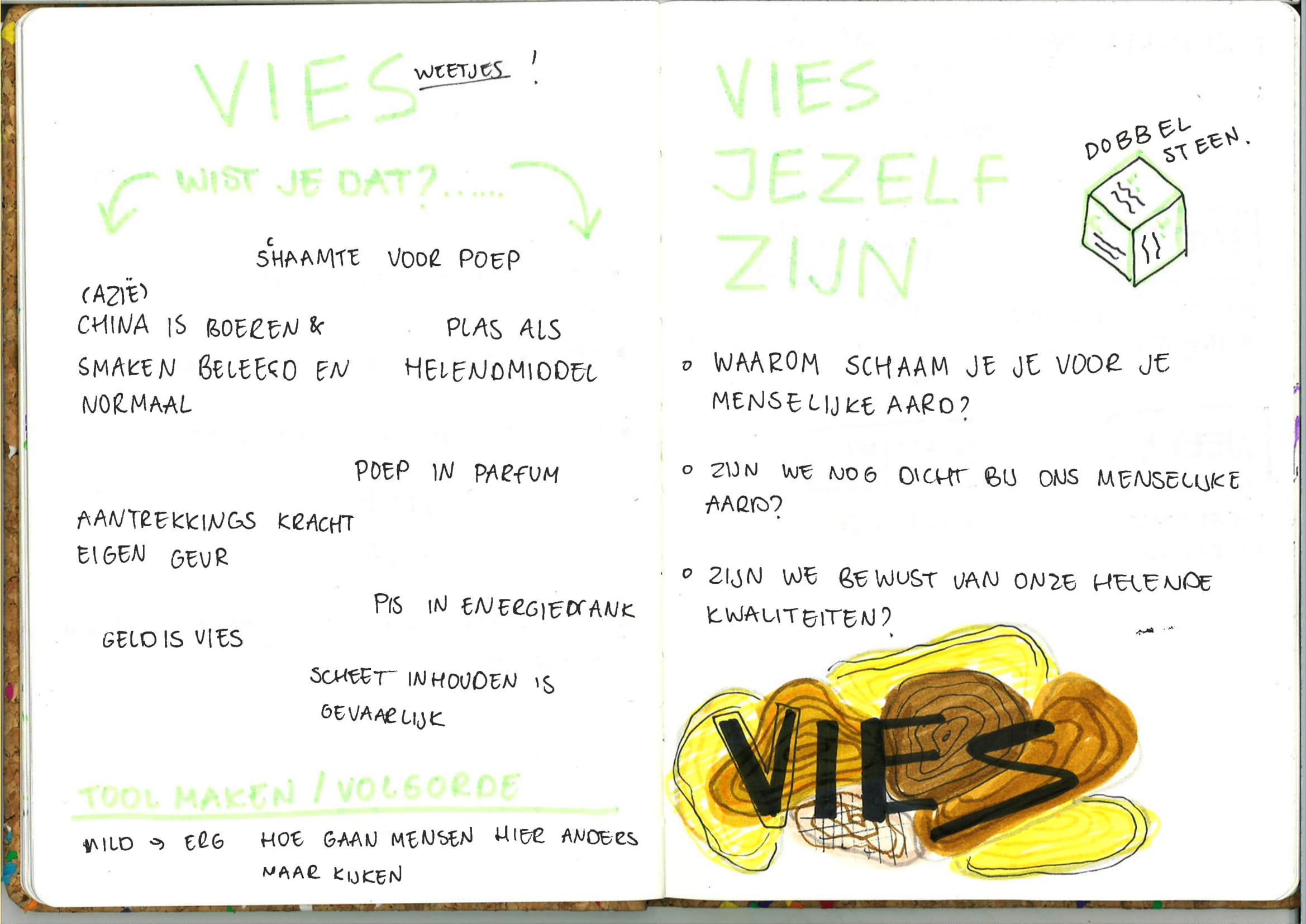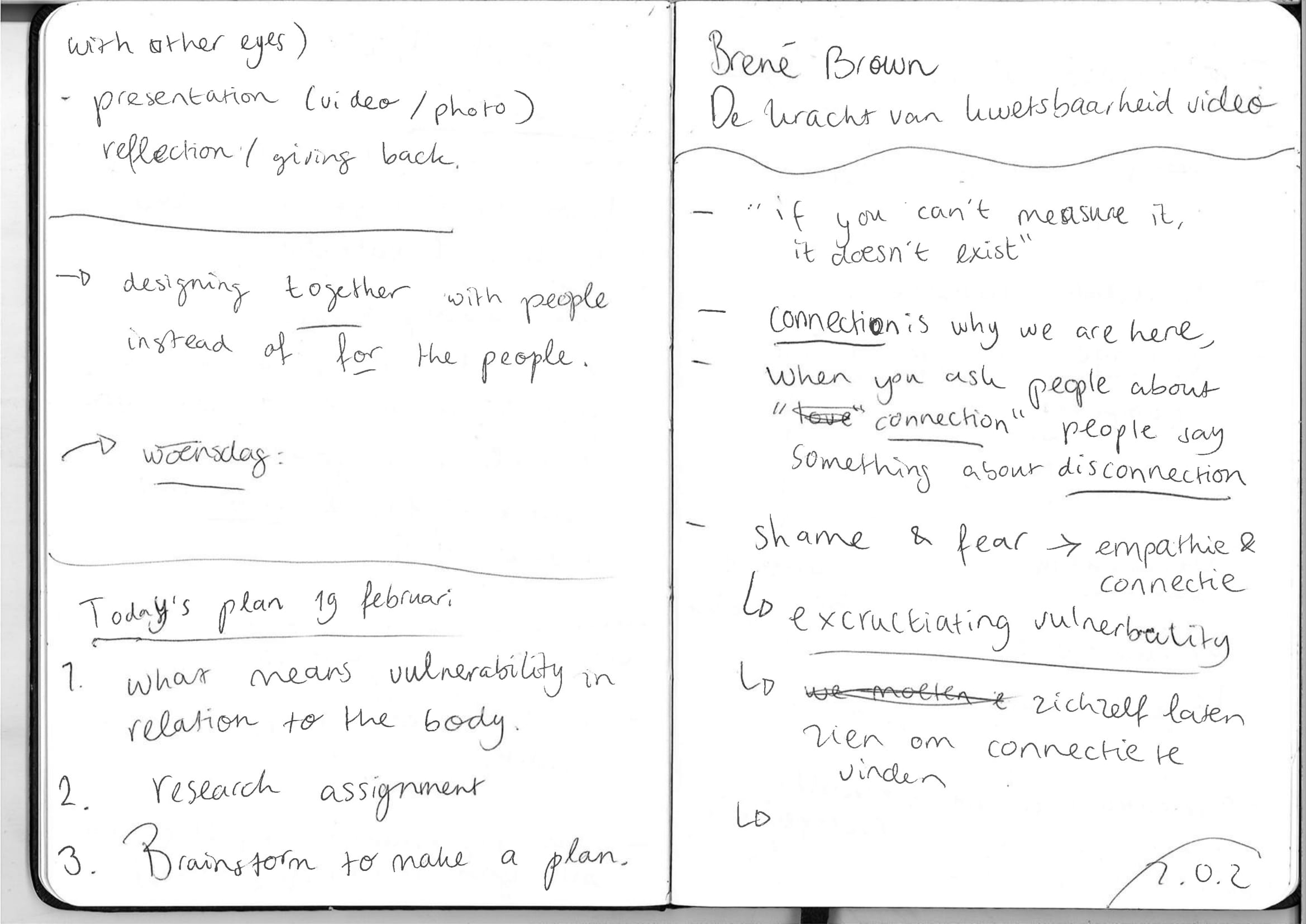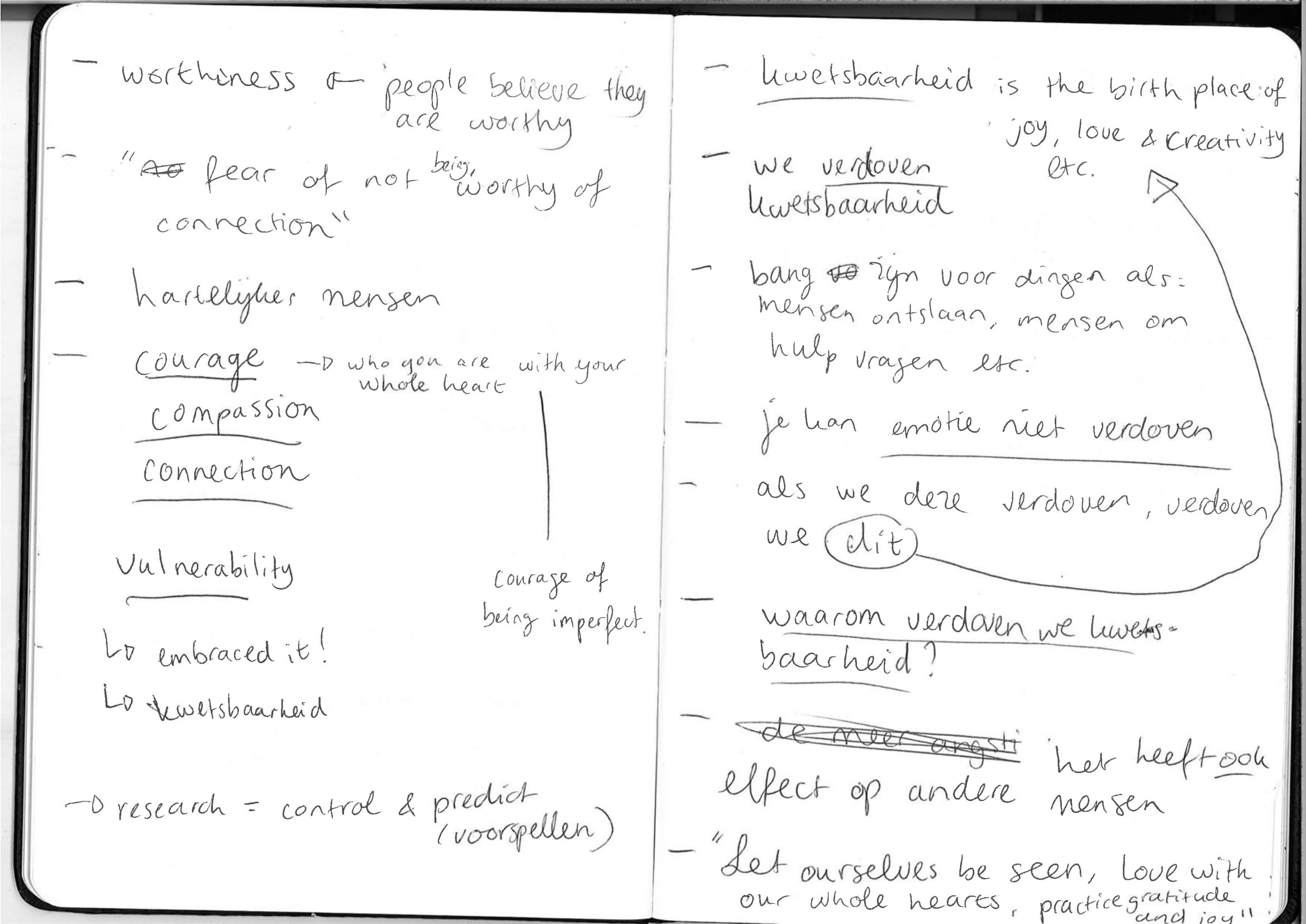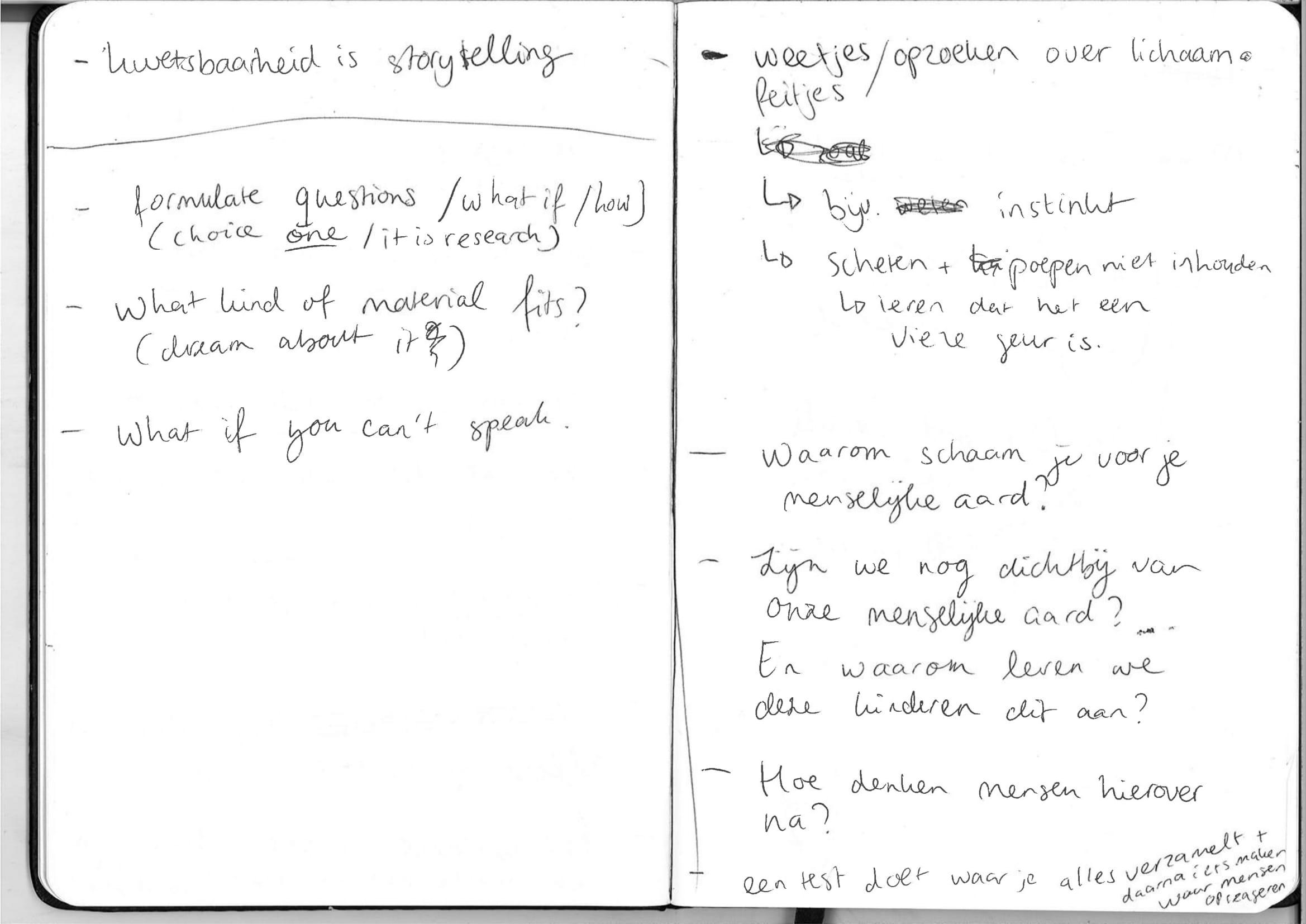NATURE/NATURE
Het nature-nurture-debat (aanleg-opvoeding-debat) is de discussie omtrent de oorsprong van de eigenschappen van een individu. In deze discussie bestaan meerdere standpunten, die variëren tussen twee extremen:
Nature: alle eigenschappen van het individu zijn bepaald door aanleg, bijvoorbeeld het genetisch materiaal.
Nurture: alle eigenschappen van het individu zijn bepaald door opvoeding, voornamelijk door de leefomgeving.
VIES JEZELF ZIJN
scheten, boeren, zweten, smakken, poepen, plassen, neus peuteren etc..
Waarom thuis wel, in het openbaar niet?
Onderdrukken van de natuurlijke aard?
nut en of consequenties
Instinct
dierlijk/menselijk
Nurtere/nature
Feromonen - lichaams geur
Inspiratie -
projecten
Beeing there -
Ove Lucas
Dieren
-
mensen
Humans, as a rule, hate poo. Our love for our children generally outweighs our aversion to their bodily waste, but nobody actually enjoys changing a dirty nappy. At baby showers in the US, a game involving eating chocolate from clean, unused nappies still thoroughly grosses participants out. Many species share our aversion to faeces, however others actively seek it out – a finding that highlights the evolutionary logic beneath our apparently visceral reactions to waste.
Disgust, according to Charles Darwin, is one of the six most basic, universal emotions. The facial expression of it, which by some measures is recognisable across cultures, involves the wrinkling of the nose combined with a frown. This outward expression is accompanied by inner physiological changes like lowered blood pressure, reduced skin conductance and nausea.
Before the advent of indoor plumbing, we did our business in holes, structures and facilities entirely separate from our living spaces to avoid the stuff. Our aversion to waste even extends to the waste of other species: dog owners who fail to clean up after their dogs can face hefty fines.
Ours is not the only species that goes out of its way to avoid exposure to disgusting things like excrement, and for good reason. Psychologist Paul Rozin, of the University of Pennsylvania, argues that our disgust response reduces the likelihood of ingesting disease-causing microorganisms in decayed meat, faeces, vomit, or blood. It may even help keep us away from others who may be infected or diseased. In his book How the Mind Works, US psychologist Steven Pinker writes that disgust may reflect an intuitive understanding of microbiology. "Since germs are transmissible by contact, it is not surprising that something that touches a yucky substance is itself forever yucky," he says.
It's not just us. Some other species also quite sensibly prefer foraging for food far from where they defecate. Cows, for example, do not just graze randomly. By avoiding areas contaminated with faeces, they gobble up far fewer parasitic lungworm larvae. The same is true for sheep. Researchers at the University of Aberdeen, UK showed in experiments how sheep overwhelmingly preferred plots uncontaminated with faeces to those containing it. They were unable to distinguish between faeces infected with parasites and uninfected faeces, and so operated according to an "avoid all the poo" rule. Horses leave the parts of their fields where they eliminate ungrazed as well. Wild reindeer also selectively forage in uncontaminated areas, as do many primates.
But not all species explicitly avoid contact with yuck-inducing substances. In fact, some actually seem to seek out faeces. Patrick Walsh and Amy Pederson from the University of Edinburgh, UK, together with Erin McCreless from the University of California, Santa Cruz, noticed that the related wild white-footed mouse (Peromyscus leucopus) and deer mouse (Peromyscus maniculatus) re-inhabit the burrows of previous occupiers that contain both food and faeces.
Turd fans
The researchers conducted three different experiments to see whether the mice truly prefer being near the smelly stuff. Their first finding was that, like sheep, they could not distinguish between the droppings of parasitised and healthy mice. But the second finding was a complete surprise: the mice were more likely to choose to spend their time in an enclosure containing faeces than in a clean one. When given a choice, they preferred cotton previously used by other mice to unused cotton for nest-building. Perhaps most surprising the mice even preferred parasitised cotton balls to clean ones.
These preferences also applied to their foraging behaviour. The mice were no less likely to eat seeds that were found near faecal material – whether infected or not – than to eat seeds that were clean.
In a way, the mice were the opposite of the sheep. Neither animal could distinguish parasitised from healthy droppings, yet sheep responded by playing it safe, while the mice took a gamble. The crucial question is why? At first glance, their actions might seem like a bad idea, given the high costs of becoming infected.
What is really interesting is that domesticated rodents, such as mice and rats bred for laboratory use or for the pet trade, do avoid faeces. As wild reindeer and primates also avoid faeces, domestication isn’t the key, so what is it?
Walsh and colleagues believe that for their wild mice, the presence of faeces from other mice at a potential nesting location or near food suggests safety from predators. When the wrong move could land you between the teeth of a bigger animal, perhaps the risk of infection from faecal matter is the lesser of two concerns.
Laboratory animals, pets, and livestock are generally at a much lower risk from predators than their wild counterparts, so they can be more selective in their foraging and nesting behaviours. Every animal, the researchers argue, must calculate the trade-off between dodging parasites and surviving another day.
When you look at it this way, our faecal avoidance is something of a luxury. Perhaps our species' lack of natural predators means we are lucky to be able to afford to be disgusted by faeces and other disgusting things. Knowing this may give you a better understanding of your reaction next time you encounter a dirty nappy or some dog waste on the sole of your shoe. It probably won't make them smell of roses though.
WHY DO HUMANS HATE POO SO MUCH?
There’s no denying it, we can’t stand excrement. But why? To find out, we need to see which animals share our disgust, and which ones do the exact opposite.
IN?
Yeah, we all go to the bathroom. And these days we all seem to go on (and on) about it.
Flush nature down the toilet bowl and just watch it come flooding back in through the screen. Emojis, ads, toys — we’re living in a world that acknowledges, and even celebrates, excrement like never before.
Remember when Mr. Whipple, bespectacled salesman, delicately enjoined housewives not to squeeze the Charmin?
But now a chirpy narrator on a commercial for the toilet tissue bluntly tells us: “There’s nothing healthy about holding things in. Those who go with Charmin really enjoy the go.”
An ad for the air freshener Febreze is nothing short of a valentine to a particular secluded loo: “I love you. Your privacy makes you my No. 1 place to go No. 2.”
A pharmaceutical ad features a spectral figure who is meant to serve as the embodiment of a condition called irritable bowel syndrome with diarrhea. We know this because her name is Irritabelle, her bodysuit is illustrated with a digestive tract, and she offers up what amounts to a travelogue of the alimentary canal.
“Mom, we have a situation,” says a little boy who is in the bathroom, and, try as he might, can’t unbuckle his belt quickly enough for the task at hand, an example of a bleachable moment courtesy of Clorox. And welcome to Kiester, Minn. (yes, a real town), the setting for a pitch about Preparation H.
It’s hard to pinpoint the precise moment that Madison Avenue stopped trying to pitch laxatives with vague terms like “system slowdown” (as though talking about problems on the factory floor) or “irregular” (as though the discussion was of pesky French verbs), and began speaking in a way that held nothing back about elimination and its cover-up. (See the new uneuphemistically named toilet sprays PooPourri and VIPoo.)
Perhaps the way was smoothed by the publication of an English edition of the Japanese children’s book “Everyone Poops” in 1993; the introduction of Mr. Hankey, the Christmas Poo, during the first season of “South Park”; or the episode of “Scrubs” that featured the very catchy ditty “Everything Comes Down to Poo.”
Rajeev Jain, a gastroenterologist in Dallas and a spokesman for the American Gastroenterological Association, pointed to Katie Couric’s televised colonoscopy in 2000 as a turning point. “I think it kind of opened the door and made it more acceptable to talk about things like that,” Dr. Jain said.
Children have never had the slightest problem discussing the subject, but they are no longer being discouraged. Big at this year’s American International Toy Fair was a board game called Plunge It! which tests players’ dexterity in sucking up faux manure, and Poopeez, a line of squishy toys tucked in plastic toilet paper rolls. The similarly themed Pooparoos, a line of gummy collectibles that come hidden in a blue plastic toilet, was introduced at Walmart this spring.
Poo Dough, a molding compound for creating excrement art — à la Paul McCarthy — was very successful a few years ago and now it’s coming back, said Adrienne Appell, the director of strategic communications at the Toy Association, a trade group.
“The toy industry mimics what’s happening culturally in the adult space,” Ms. Appell said. “There’s a migration. Kids see what grown-ups are focused on and what they’re doing. It’s like makeup and a toy purse.”
Jeff Rothstein, a partner at Cult360, a branding and marketing firm, said, “The cultural change is real.” And he thinks it is related to Google’s expansion into the Asian market.
Because the “Pile of Poo” emoji, as it’s known, was a big part of Japanese digital communication, Google had to include it in the Gmail emoji package “and the U.S. adopted that aspect of Japanese culture as part of our culture,” Mr. Rothstein said.
He also cites women’s empowerment — yes, everyone, get ready for the #MePoo … uh … movement. “Guys love to share poop stories, the more embarrassing the better,” he said. “But that’s been off-limits for women.”
Sign up for the Wait — Newsletter
Each week, Caity Weaver investigates an unanswered — and possibly unasked — question in the news and pop culture.
SIGN UP
Now, he went on, “society is coming to grips with the way that women have been treated differently, and maybe this is another part of the revolution: Women are going to open up about not just their bodies but their bodily functions. If men don’t need to be ashamed, women can shed the shame too.” (Millennial women, having taken on “period shaming,” have led this charge, but the actress Cameron Diaz, who is 45, appeared on Dr. Oz’s show not long ago to offer tips for regularity.)
SCHAAMTE OVER DE POEP
de kleine verlossing, de lust van verlangen
STINKEN OP DE WC
Ontlasting ruikt bij niemand lekker. Toch heeft de één daar meer last van dan de ander. De één gaat rustig in een rij wc’s zitten zich te ontlasten terwijl de deuren aan boven- en onderkant geopend zijn. Anderen moeten wel heel nodig, maar krijgen dat echt niet voor elkaar. Sterker nog: die mensen kunnen dat nog niet eens als er een familielid voor de deur van het toilet heen en weer loopt. Schaamte, maar ook ingeprente regels zijn daarvoor vaak de oorzaak. Zo vindt een deel van de mannen dat dames op het toilet geen geur achter moeten laten. Die denken en vinden dat dames altijd naar roosjes moeten ruiken en laten dat ook goed merken ook. Ook kunnen sommige ouders hun kinderen met een behoorlijk complex opzadelen door hen te laten weten dat het onacceptabel is wat zij op het toilet produceren. Maar poep stinkt nu eenmaal, omdat het een afval product is. En van wie het ook maar komt. Degene die naar de wc gaat kan daar nu eenmaal niets aan doen.
”We kunnen er alleen om een lollige manier mee omgaan. Poep is heel normaal. Poepen kan heel leuk zijn, half uur bij zitten, krantje erbij, een echte last die van je afkomt.”
In een goede relatie is zo’n beetje ieder onderwerp bespreekbaar. Zelfs als het ongemakkelijke onderwerpen gaat, zoals over poepen praten. Maar hé, wist je al dat het hartstikke goed is als je hier gewoon open over durft te praten met je partner
BETEKENIS POEP
grote boodschap
ontlasting
naar de wc gaan
STINKEN OP DE WC
Ik zelf heb een ware poepfobie. Ik durf nergens. Zelfs thuis poep ik het liefst met de toiletdeur op dubbel slot, spray in de aanslag en de muziek in de woonkamer aan. Ergens anders zou ik dan ook nooit zonder extreem hoge nood de toilet bezoeken voor een ?
Hier komt ook mijn afkeer tegen campings vandaan. Daar hebben ze van die hokjes, het liefst zo veel mogelijk naast elkaar, die van onder en boven open zijn. Ik begrijp dat campingmensen dit ?heel natuurlijk? vinden, maar dat vind ik natuurlijk niet! Vreselijk! De enige oplossing voor mij was dan ook ?s nachts met een rol toiletpapier onder mijn arm wegglippen en het letterlijk zo snel mogelijk achter de rug hebben. En dan maar hopen dat niemand anders hetzelfde idee heeft op jouw tijdstip. Dan zou je daar maar zitten, muisstil, beiden afwachtend en billen samenknijpend tot één van de twee besluit om, uiteraard ongedane zaken, het toiletgebouw te verlaten en het op een ander tijdstip nog eens te proberen.
VOORBEELDEN
KAMEEDERPS
Eenmaal in het toiletgebouw ervaren kampeerders wel schaamte. Met name jonge kampeerders hebben hier last van. Ze schamen zich het meest voor de geluiden die zij maken. Ook vinden mensen het gênant om geur achter te laten. Een op tien kampeerders is bang om gezien te worden met een stukje achtergebleven toiletpapier.
POEPEN OP HET WERK
Maar wat als die ene vervelende collega van de administratie onverwachts binnenkomt om haar neus te poederen, de lucht opsnuift, en een plonsje hoort? Ze ziet het daaropvolgende Slack-bericht, dat waarschijnlijk het hele kantoor rond zal gaan, al helemaal voor zich: “Karin heeft net gescheten en het toilet stinkt zo erg dat je het kunt proeven.” Ze besluit toch maar te wachten tot ze thuis is.
KINDEREN
Je zegt ook nooit: Ik ga even poepen. Het ‘ik ga even plassen’, ‘Oh, ik moet zó nodig plassen’, ‘Ik plas in mijn broek’, is over het algemeen wel geaccepteerd. Zelfs de ‘even uit de kut brullen’, is een uitspraak waar om gelachen kan worden. Maar ‘ik ga even poepen’, ‘Oh, ik moet zó nodig poepen’, ‘Ik poep in mijn broek’, dat zeg je niet. Of je zegt het om te shockeren. Wat bij mij keer op keer lukt.
“Ze gaat even poepen.”
“Poepen?! Dat vind ik zó niks voor haar.’
Jongens vs. Meisjes
Wat ik me afvraag is waar onze poepangst nou werkelijk vandaag komt. Mijn 2-jarige zoontje bijvoorbeeld heeft daar totaal geen last van. Die zit vaak gewoon tijdens het eten aan tafel lekker ongegeneerd te persen en zegt daarna heel trots: Jaaaa, poep!!, waarop papa dan lachend zegt: Heel goed jongen, lekker poepen. Hij wipt vervolgens vrolijk in zijn stoeltje op en neer en zit er totaal niet mee dat zijn billen in de stront zakken.
Zijn vriendinnetje van 3 zei laatst heel hard, met net zo veel trots, midden in de Albert Heijn : Milaaaa, ik heb poep gepoept. Uiteraard bij de versafdeling : Ssst, zeg dat maar zachtjes?, zei ik tegen haar. Dat is niet zo netjes hè. Denk je dat een prinses dat ook zomaar zo hard zou zeggen? Waarop ze me beteuterd aankeek en me daarna heel zachtjes vroeg of ze de prinsessen billendoekjes nog wel in het mandje mocht leggen. Eenmaal thuis gekomen wilde ze, na het uittesten van de billendoekjes, toch nog even zelf op het potje. Deze moest achter de deur uit het zicht geplaatst worden. En ik mocht absoluut niet in de buurt komen. Totdat er heel zachtjes wedt gezegd: Mila, ik heb geplast. Ik ben klaar? gefluisterd werd. Snel geleerd. Weg enthousiasme en trots, hallo schaamte.
-
Schaamte
NATURE/NATURE
-
Smell
-
Hip..
-
Gezondheid

Everyday bodily functions don’t tend to blend well with the rigid rules of good manners. Burping and belching, however, seem to be less of a taboo than other unmentionable emissions.
It’s not just antiquated etiquette books that add a tone of dread to the very thought of burping in public; author Rosalinda Oropeza Randall published Don’t Burp In The Boardroom: Your Guide to Handling Uncommonly Common Workplace Dilemmas as recently as 2014.
Just what is a burp, anyway?
Related
What in the world is whey?
Where did the club sandwich come from?
Can you make a pound cake using the metric system?
“Burping, belching, or ‘eructation’, is a way of ridding excess gas from our stomach,” says Antoinette Witter, a nutritional therapist at The Happy Gut Clinic in Dublin. “This may be due to eating too quickly and swallowing air as we eat, causing mild discomfort or the more common and irritating condition of indigestion. Indigestion can be brought on by eating too much at a time, eating fatty or greasy food, stress, smoking, coffee and alcohol.”
In Etiquette, The Guide to Gracious Living, written in 1952, good manners aficionado Amy Vanderbilt takes a pragmatic approach to finding yourself the cause of an unexpected burp in a social setting. “Burping or belching should not be considered ‘rude’. It is nature’s way of getting rid of gas and, medically, suppressing it may be harmful. If you must, cover your mouth with a napkin.” Sounds perfectly sensible.
Heck, in some cultures burping after a meal is considered a way of vocalising your compliments to the chef. It’s a way of letting your host know that you are full and that they’ve done their duty in providing you with adequate sustenance.
Is burping ever a warning sign for something more serious than a simple lack of etiquette awareness? “It may also be due to other more sinister medical conditions like ulcers or gallstones,” cautions Witter. “If you find yourself reaching for the Rennies all too often it may be time to visit your GP.”
WHY do we burp?
Verhaaltje -- Het scenario
Jouw vriend zweet peentjes bij de gedachte een grote boodschap te moeten doen op kantoor. Langs haar collega’s glippen en langer dan gemiddeld doorbrengen op de wc voelt voor haar sowieso al als een afgang, en ze is bang dat de sociale mediaredacteur die naast de deur zit haar aan zal kijken en precies weet wie er twee keer moest doortrekken.
Dus terwijl ze liters kantoor-koffie achterover gooit (wat eigenlijk nog het meest wegheeft van gootsteenontstopper), voelt ze dat bekende gevoel weer opkomen in haar buik. Je vriendin overweegt de opties: even een 'boodschap doen' en hopen dat het toilet van de McDonalds soelaas biedt, of wachten met poepen tot ze weer thuis is, waar alleen haar hond getuige is van de stank. Eventjes overweegt ze toch maar voor het kantoortoilet te kiezen, in het hokje dat zich het verst van de deur bevindt. Maar wat als die ene vervelende collega van de administratie onverwachts binnenkomt om haar neus te poederen, de lucht opsnuift, en een plonsje hoort? Ze ziet het daaropvolgende Slack-bericht, dat waarschijnlijk het hele kantoor rond zal gaan, al helemaal voor zich: “Karin heeft net gescheten en het toilet stinkt zo erg dat je het kunt proeven.” Ze besluit toch maar te wachten tot ze thuis is.
De realiteit
Als je vriendin inderdaad wacht met poepen tot ze thuis is, hoeft ze misschien niet eens meer. En de nood uitzitten kan op lange termijn schadelijk zijn. Dat is omdat je darmen maar één of twee keer per dag samentrekken om je lichaam te laten weten dat er iets aan zit te komen, zegt William D. Chey, professor gastro-enterologie en interne geneeskunde aan de Universiteit van Michigan. Zodra je ontlasting in je endeldarm, het laatste deel van je dikke darm, aankomt, rekt deze op en stuurt-ie een signaal door naar je hersenen dat het tijd is om je darmen te legen.
Dit signaal is het gevolg van de connectie tussen de darmen en de hersenen, aldus Sarah Kissinger, een gezondheidspsycholoog die gespecialiseerd is in verstoringen in het maag-darmstelsel. Ons hele ingewandenzenuwstelsel communiceert met de hersenen om de spijsvertering aan te kunnen sturen. “Omdat ze zo nauw samenwerken, is onze buik ook getuige van al onze emotionele ervaringen,” zegt Kinsinger. Het eerste kopje koffie van de dag of je ontbijt kunnen deze samentrekkingen aanzwengelen, maar zenuwen vanwege een pitch die je later die dag moet presenteren kunnen hetzelfde effect hebben. En voor mensen die met een maag-darmaandoening kampen en dus niet veel controle hebben over hun darmen is dit nog lastiger; vaak komen ze vast te zitten in een cirkel van stress en allerlei spijsverteringsproblemen.
Als je vriend te verlegen is om te poepen, moet ze misschien wel tot de volgende dag wachten voor het welbekende drukkende gevoel weer terugkomt. Het is makkelijk om verstrikt te raken in een spiraal van wachten en nog langer wachten. Om het allemaal binnen te houden, spant je vriendin haar buitenste sluitspier en bekkenbodemspieren aan, in een poging de zwaartekracht tegen te gaan. Dat werkt misschien eventjes, maar eigenlijk verergert dat het probleem alleen maar. “Het is niet alsof je niet meer eet, en je lichaam stopt ook niet met het verwerken van het eten dat je binnenkrijgt,” zegt Chey. Dus terwijl je vriendin vrolijk een paar pindarepen en banaantjes wegkauwt, verandert haar darmkanaal langzaamaan in een letterlijke vuilnisbelt.
Het ergste dat er kan gebeuren
Het inhouden van haar poep is een nieuwe gewoonte geworden voor je vriendin, en ze heeft zich vastgebeten in een ongezonde zelfbeheersingsmissie die uiteindelijk gedoemd is te mislukken. “Als je het keer op keer inhoudt, kunnen er gevolgen zijn die je veel ongelukkiger maken dan het gevoel dat je overhoudt aan naar een openbaar toilet gaan," zegt Chey.
Allereerst: chronische constipatie. “Op den duur hopen enorme hoeveelheden ontlasting zich op in je darmen. En die ontlasting krijg je er misschien wel, maar misschien ook niet meer helemaal uit," legt Chey uit. Deze berg poep kan de darmen uitrekken, en je vriendin krijgt mogelijk te maken met onontkoombare kramp en een opgeblazen gevoel dat erger is dan de nasleep van ontbijten met een burrito zo groot als haar hoofd. Zolang de ontlasting rondhangt in de darm, wordt er water aan onttrokken en wordt de poep dus harder. Als je vriendin er dan eindelijk klaar voor is, zal ze de daad maar moeilijk gedaan krijgen – denk hierbij aan extreme inspanningen, bloedingen of verstoppingen die alleen ongedaan gemaakt kunnen worden met behulp van laxeermiddelen of andere medicijnen.
“Als je je endeldarm keer op keer uitrekt, bestaat ook nog eens de kans dat hij niet meer helemaal terugtrekt,” zegt Chey. Hij vergelijkt het met hartfalen, wanneer een spier uitrekt en op de duur niet meer werkt. Als je altijd last hebt van constipatie, kan dat ertoe leiden dat de zenuwen in je rectum minder goed signalen ontvangen; ook kunnen je spieren bij je rectum verzwakken en kun je gaan 'lekken'. Kortom, als je je poep te vaak inhoudt, vergeet je lichaam mogelijk hoe het precies moet poepen.
Wat er waarschijnlijk gebeurt
Als je vriendin niet genoeg moed bijeen kan verzamelen om er op een openbare plek eentje uit te drukken en wacht tot ze alleen is, krijgt ze last van kramp en ongemak. Een keertje kan geen kwaad, maar houd het dan ook echt bij die ene keer. “Het is nooit goed om te doen,” zegt Chey. “Is het heel erg gevaarlijk? Nee. Maar is het een goed idee? Nee.”




-Brainstormen
BEGIN
- steekwoorden
BEGIN steekwoorden
Brainstormen
Inspiratie
projecten
Schaamte
Gezondheid
NATURE/NATURE
Smell
Dieren -
mensen
Hip?
Project
vorming
Give away
Video
Video
Project
-
vorming
-
Give away